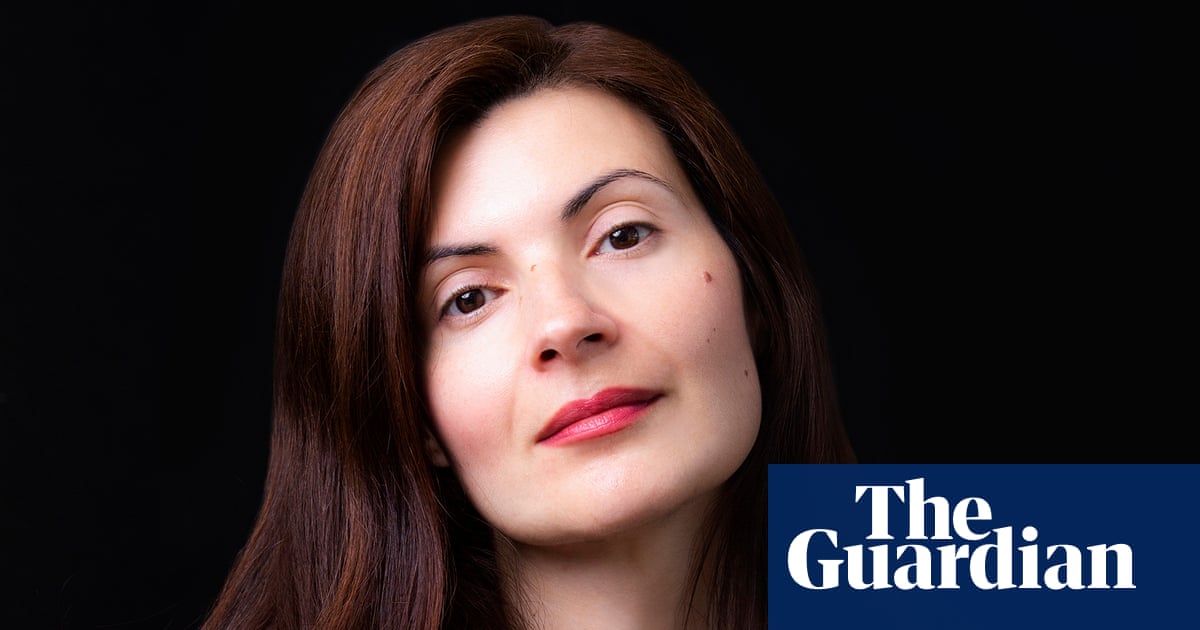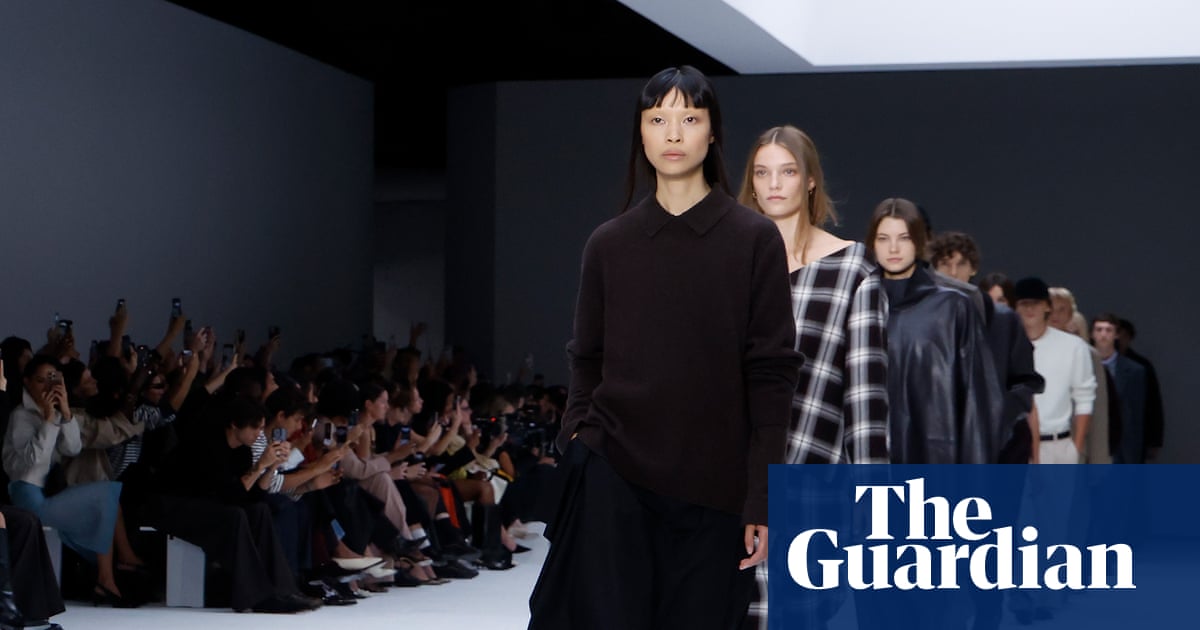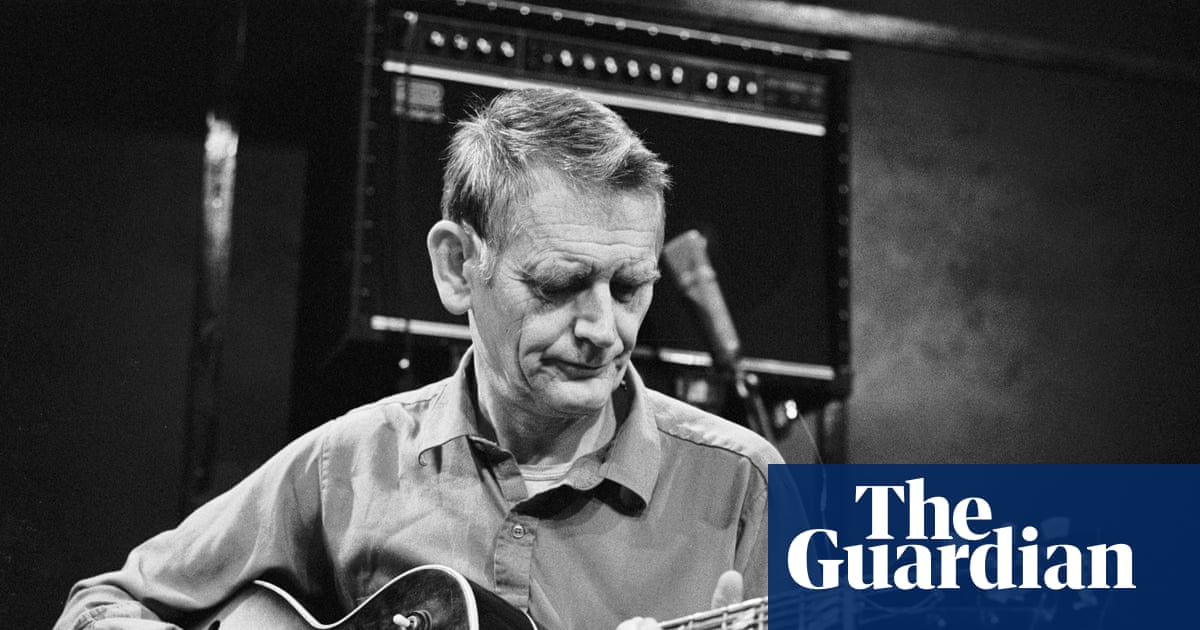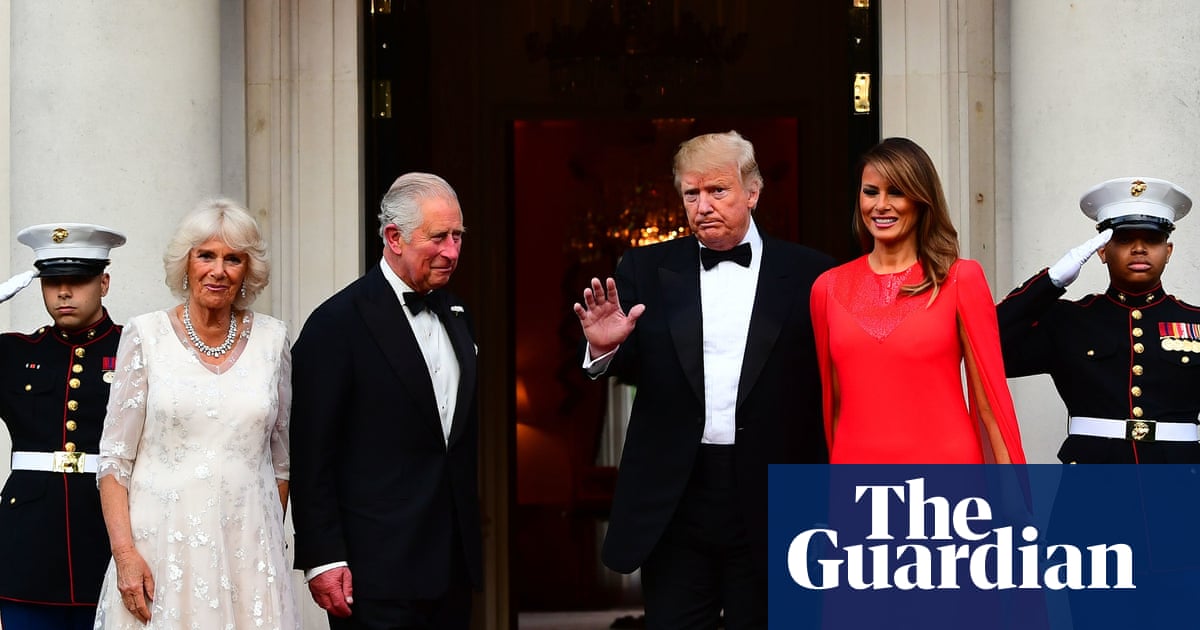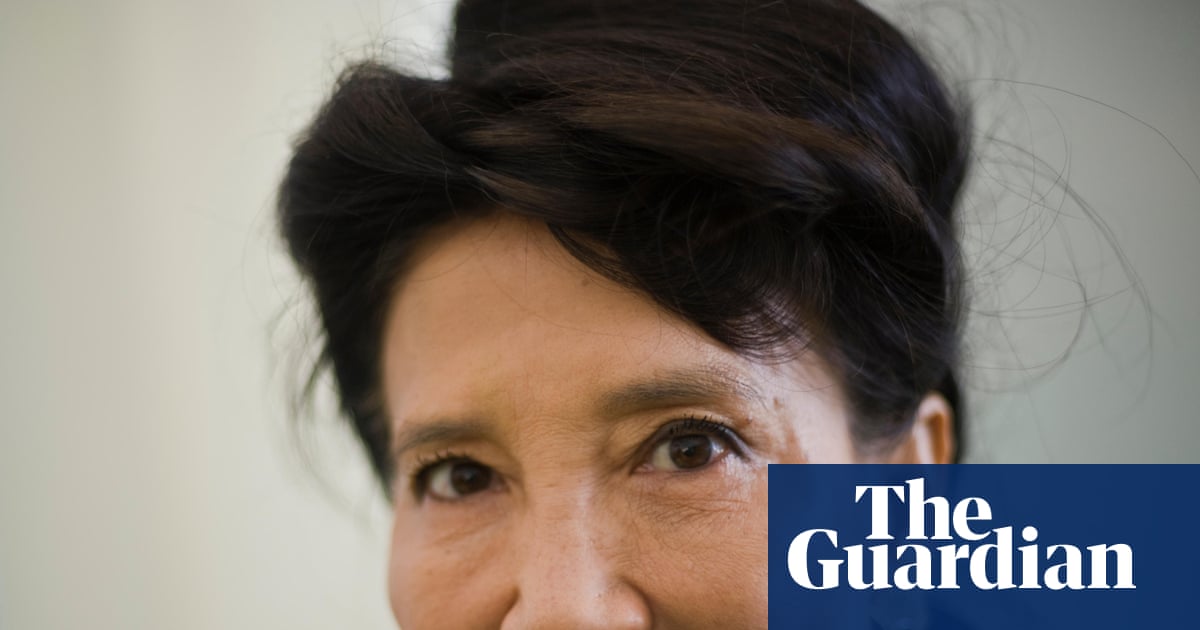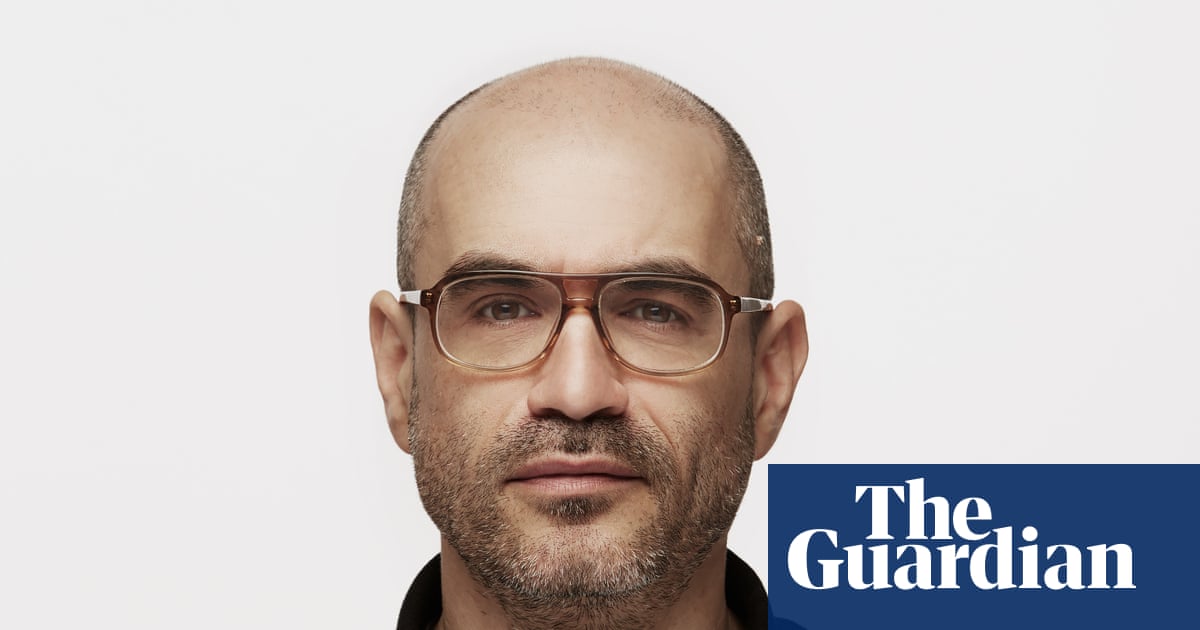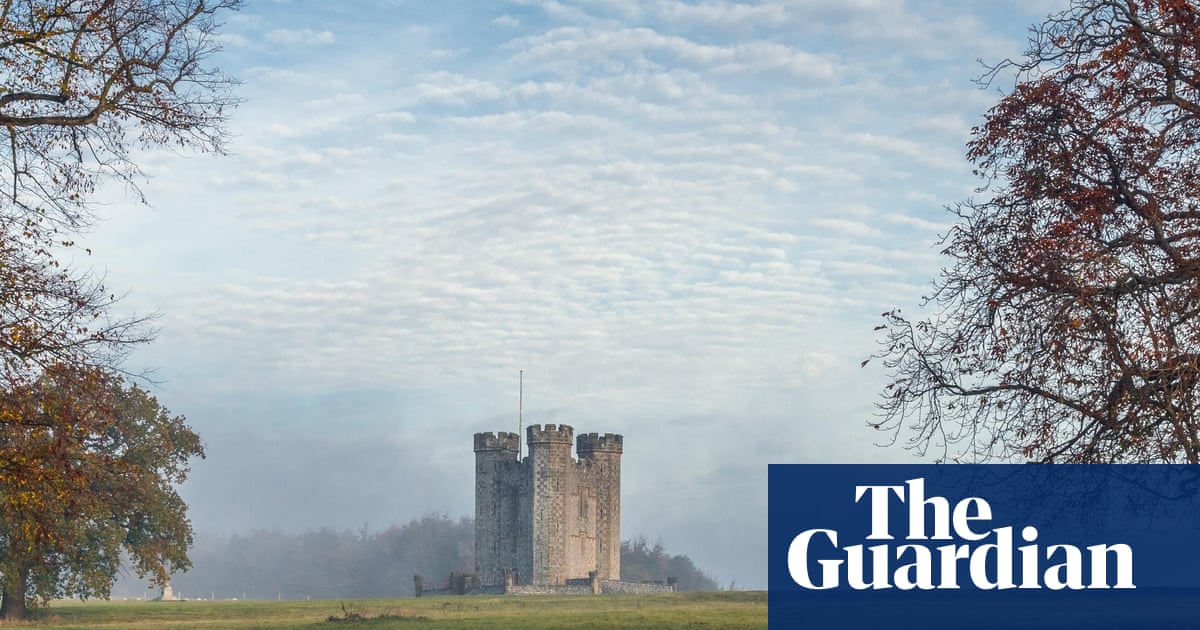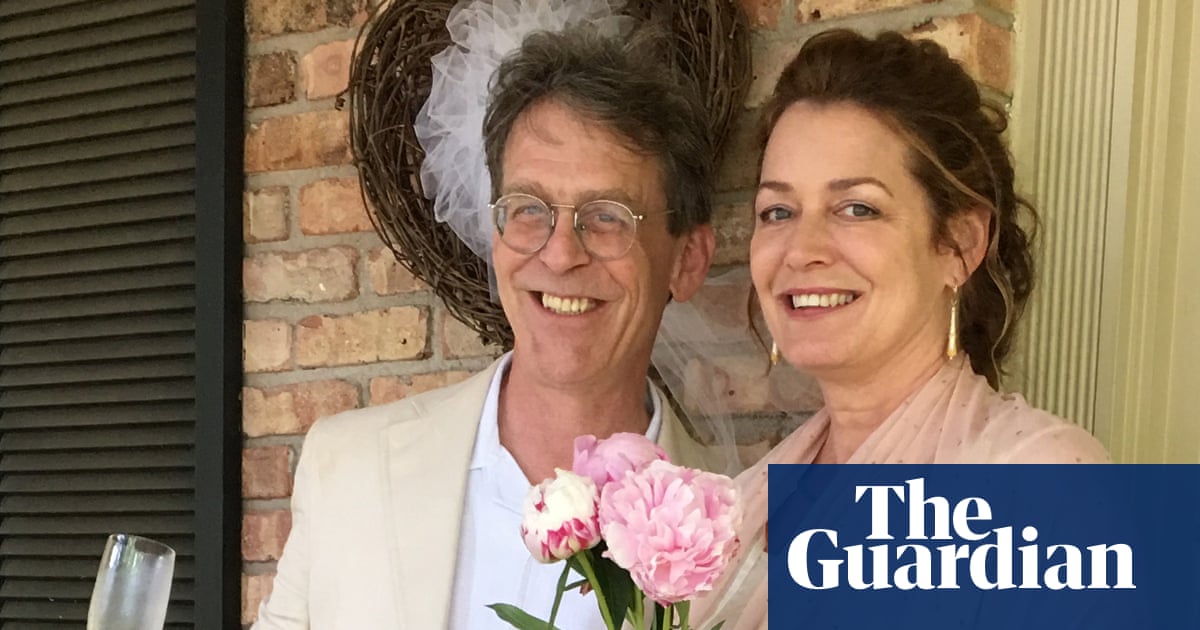Sitting ahead of US pop megastars Olivia Rodrigo, Doechii and Gracie Abrams in the list of most-listened-to artists on Spotify around the world each month – and just one place behind Harry Styles – is a man that most British listeners have probably never heard of: the Bengali artist Arijit Singh.
He has never had a song in the UK Top 100 singles or albums charts, yet thanks to a passionate fan base in the Indian diaspora, he is to become the first Indian musician to play a UK stadium concert.
This week Singh announced he will play Tottenham Hotspur Stadium on 5 September, the same 63,000-seat venue that will host Beyoncé, Kendrick Lamar and Imagine Dragons this summer. “He’s doing this to show the sheer power of him as an artist, but it’s also an incredible statement of Indian culture in the west,” the south Asian BBC presenter Nihal Arthanayake said.
A singer and multi-instrumentalist capable of hopping from a synth-laden dance banger to traditional Indian classical music, Singh has astounding technical ability, and his searching vocal lines have an emotional impact to stop you in your tracks.
Arthanayake beseeched anyone unfamiliar with Singh: “Just see this as beautiful music, the language of which you may not understand, but the sentiment and vocal depth, you will feel. His range, his talent and his virtuosity makes him a once-in-a-generation artist, even for India.”
In some ways it is understandable that Singh hasn’t crossed over from an Indian diaspora audience in the UK, in the way that pop stars from west Africa and south Korea have done in recent years. Singh rarely sings in English, instead using a range of Indian languages. He is also a master of a musical form specific to Indian culture, namely playback singing. This is the art of recording vocal performances for Bollywood actors to lip-sync to on screen.
“The greatest singers are great actors – they bring emotions through, and none more so than someone like Arijit Singh,” said Arthanayake. “Because he’s singing a song that, say, [Bollywood megastar] Shah Rukh Khan will deliver on screen, he’s getting into that role and those emotions, and people will feel that.”
The Bollywood factor contributed to Singh’s broad appeal, Arthanayake added. “[These films] are designed for two or three generations to go and see at once. This is not something you see in western cinema,” he explained.
“You probably don’t get your granddad and mum to go along to The Fast and the Furious with you, right?” Instead, with Singh, “you have multiple generations of one family falling in love with his voice. No one says: ‘That’s mum-and-dad music, I’m not listening to that.’”
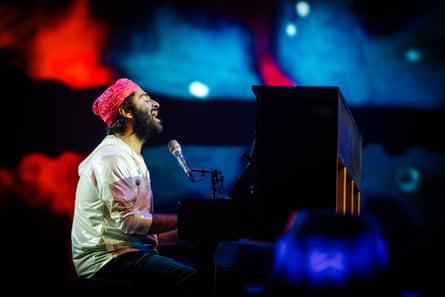
Born into a musical family, Singh, 38, started his musical training aged three, but his big breakthrough came with his ballad Tum Hi Ho for the 2013 film Aashiqui 2. Now, after more than a decade of big hits, he has 147m followers on Spotify – more than Taylor Swift or Ed Sheeran.
But rather than living in showbiz Mumbai, he remains in the town of Jiaganj, West Bengal, where he grew up. He is married to a childhood friend and doesn’t speak to the press. Reviewing his September 2024 arena tour, the Guardian’s Mahika Ravi Shankar said “his performance exudes humility”. Arthanayake concurred: “Humility is key to his fame – he lets the music speak.”
after newsletter promotion
Arthanayake said he expected to see few non-south-Asian faces at the Tottenham concert, but that Singh was not “trying to court western validation”. Global platforms such as Spotify and YouTube mean Singh, as well as a new generation of south Asian stars, such as rappers AP Dhillon and Hanumankind, and UK-based Asian collectives, such as Daytimers, don’t worry about whether or not western media champions them.
“They aren’t reliant on the white gaze to give them credibility or validity,” Arthanayake said. “They’re huge as it is.”
Venues such as Wembley Arena, which is close to a large Asian community in north-west London, have long hosted Indian artists. But in tandem with a buoyant UK live music industry that made a record £6.1bn in economic impact in 2023, Indian stars such as Singh, Diljit Dosanjh and Shreya Ghoshal are now eyeing bigger tours.
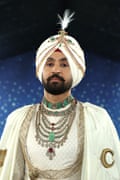
Dosanjh, a Punjabi actor and singer, played six arena dates in the UK in autumn 2024, including three shows at London’s O2 Arena. A five-star Guardian review called the Glasgow date “an overwhelmingly joyful celebration”. He has also crossed into the US mainstream as a rare Punjabi face at the Met Gala and Coachella festival.
“If the Met Gala wants to be more relevant globally, it needs people like this,” Arthanayake said. “The size of India’s middle class is probably bigger than the entire population of America. In terms of cultural power, you can’t just say it rests in the hands of the west any more.”

.png) 3 months ago
172
3 months ago
172

